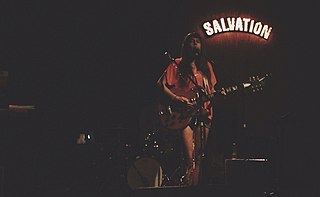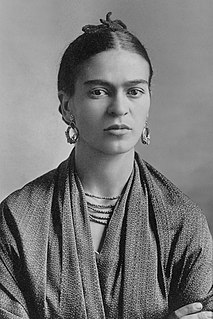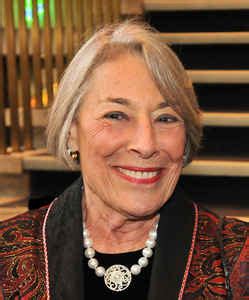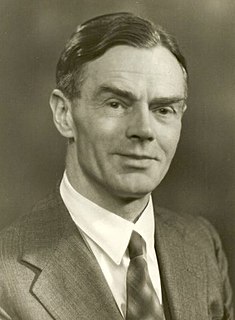A Quote by Kim Stanley Robinson
Utopia is the process of making a better world, the name for one path history can take, a dynamic, tumultuous, agonizing process, with no end. Struggle forever.
Related Quotes
Loving the process. I learn it over and again and in different ways. I'm speaking particularly to the musical process, but I definitely think that this lesson transcends. Loving the life process. Loving the process of becoming stronger by experiencing something that makes me feel unsteady. The process of speaking and living my truth and making my own path.
My books are based on the "what if" principle. "What if you became invisible?" or "What if you did change into your mother for one day?" I then take it from there. Each book takes several months in the long process of writing, rewriting, writing, rewriting, and each has its own set of problems. The one thing I dislike about the writing process is the sometimes-loneliness of it all. Readers only get to see the glamour part of a bound book, not some of the agonizing moments one has while constructing it.
The beginning is never the clear, precise end of a thread, the beginning is a long, painfully slow process that requires time and patience in order to find out in which direction it is heading, a process that feels its way along the path ahead like a blind man the beginning is just the beginning, what came before is nigh on worthless.
By contrast with history, evolution is an unconscious process. Another, and perhaps a better way of putting it would be to say that evolution is a natural process, history a human one.... Insofar as we treat man as a part of nature--for instance in a biological survey of evolution--we are precisely not treating him as a historical being. As a historically developing being, he is set over against nature, both as a knower and as a doer.






































